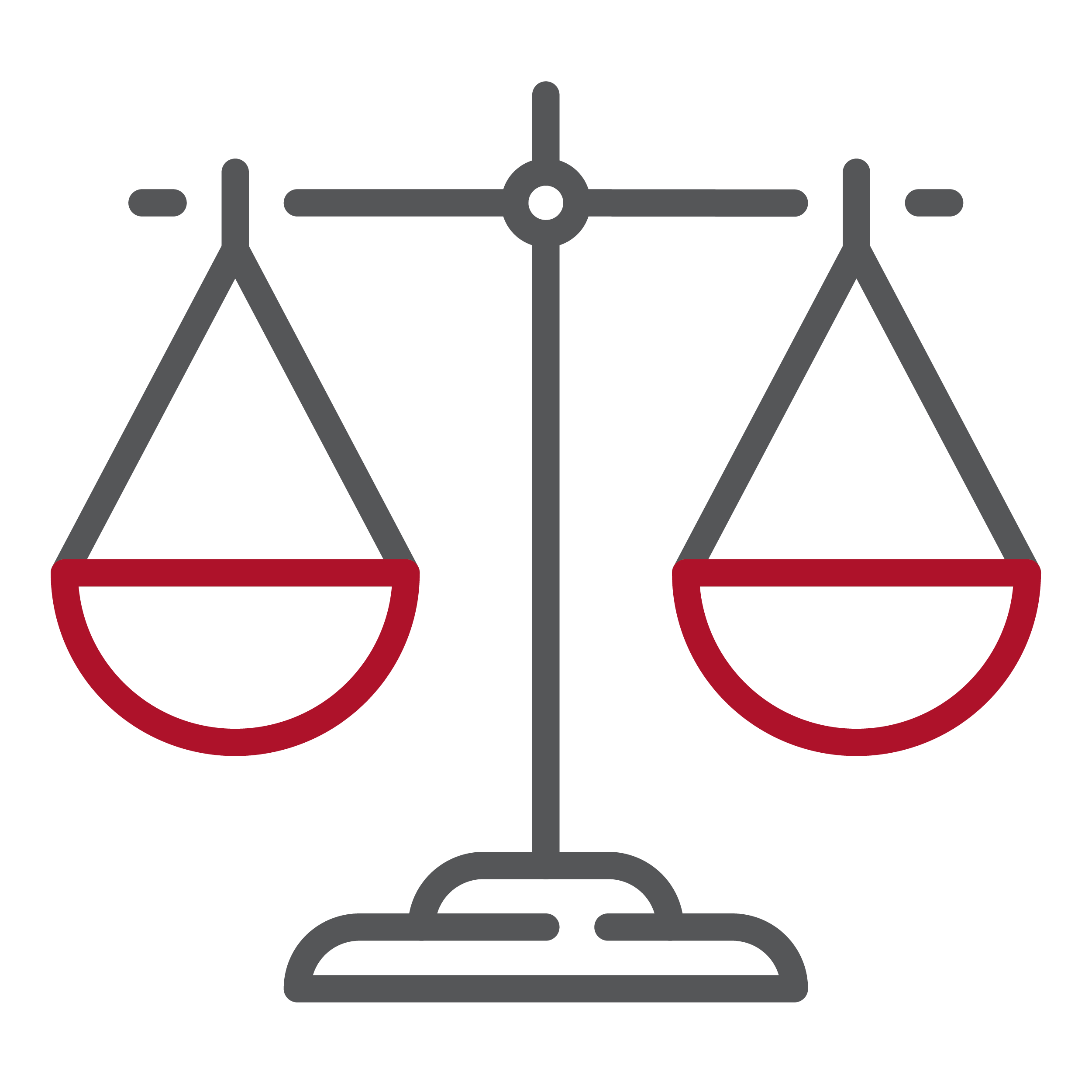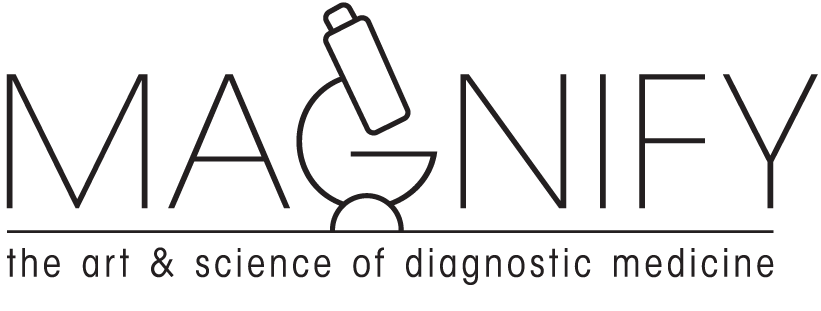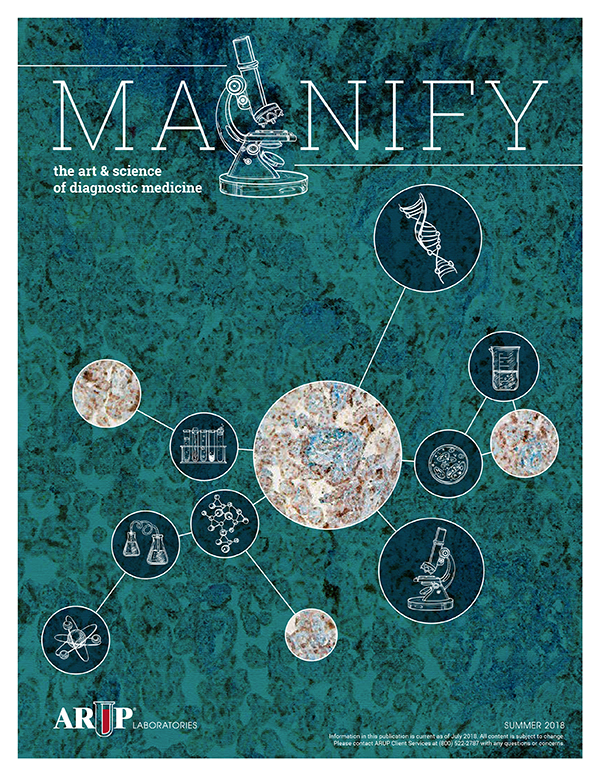True Lab Stewardship Embraces Patient Access to Testing, Financial Fairness
ARUP Laboratories has a long tradition of leadership in laboratory stewardship, namely, promoting the medically responsible and patient-centered use of laboratory tests. In the 1990s, Edward Ashwood, MD (who later served as ARUP’s CEO), launched Analyzing Test Ordering Patterns™ (ATOP®), the first program of its kind in the lab industry. Healthcare Advisory Services continues this tradition with dashboards and educational programs for ARUP’s hospital and health system clients. These programs provide both financial and medical benefits for patients and health systems.
One question faced by laboratory stewardship programs is how to best incorporate the unique needs and values of individual patients. Stewardship programs tend to draw heavily from industrial quality management, which in turn relies heavily on standardization. Patients, however, are not standardized. They differ greatly in terms of biology, social needs, and personal values and preferences. Stewardship programs need to be sensitive to these differences lest they miss the trees for the forest. Medical ethics provides a useful framework for keeping stewardship programs focused on patients’ interests. (See Patient-Centered Laboratory Stewardship table.)
The most basic principle of stewardship is ensuring the right test for the right patient at the right time. This requires ongoing professional assessment of tests’ performance characteristics to steer physicians to the most medically effective and cost-effective testing options. It also includes removing tests from electronic health record menus when evidence indicates that other diagnostic options are superior. One point that stewardship programs need to keep in mind, though, is that there are often exceptions to these rules. Individual patients can sometimes benefit from a test that in most circumstances would be unnecessary or wasteful. For this reason, stewardship programs should emphasize professional education, such as that provided by ARUP Consult, and not rely on rigid rules.
Physical access to laboratory testing is another issue of growing interest to lab stewardship programs. In marginalized communities, in particular, transportation to a hospital or clinic may be difficult or even unrealistic. Some patients have physical limitations that make it hard to travel; others have inflexible work and/or child-care arrangements. For these individuals, bringing phlebotomy into the community can make a huge difference. One recent study by a New York State health system indicated that 20% of lab tests ordered for outpatients are never performed (as described in this LabMind podcast). Ensuring that draw centers are close to where people live and work, providing transportation, or even sending phlebotomists into patients’ homes and workplaces are all potential solutions.
The financial burden of healthcare bills on patients is a long-standing problem. Patients often forego needed care due to high prices, and medical debt is a common cause of personal bankruptcy. Although laboratory test prices tend to be overshadowed by the prices of pharmaceuticals, medical devices, and hospital and emergency department stays, there have also been newsworthy cases of laboratory pricing abuses by individual laboratories and their associated health systems. Price transparency would be one step in the right direction. Labs and health systems should also commit to not exploiting patients’ situational vulnerability, such as in emergency settings or when a performing laboratory is “out of network.”
Laboratories have a responsibility to ensure that patient testing is ethical and responsible. ARUP has a long history of supporting our clients with their lab stewardship programs, in keeping with ARUP’s Five Pillars. Expanding these programs to address issues such as financial fairness and access to testing is an important step toward more patient-centered laboratory medicine.
| Ethical Principle | ||||
|---|---|---|---|---|

|

|

|

|
|
|
Laboratory Stewardship Goal |
Ensure testing is matched to the patient’s medical and social needs and values |
Prevent financial toxicity |
Empower patients to understand and act on their laboratory data |
Improve access to testing, particularly for underserved populations |
|
Patient-Centered Examples |
Pretest genetic counseling |
Transparent and nonexploitative test pricing |
Direct patient access to laboratory results |
Draw centers in marginalized communities Home visits by phlebotomists |





